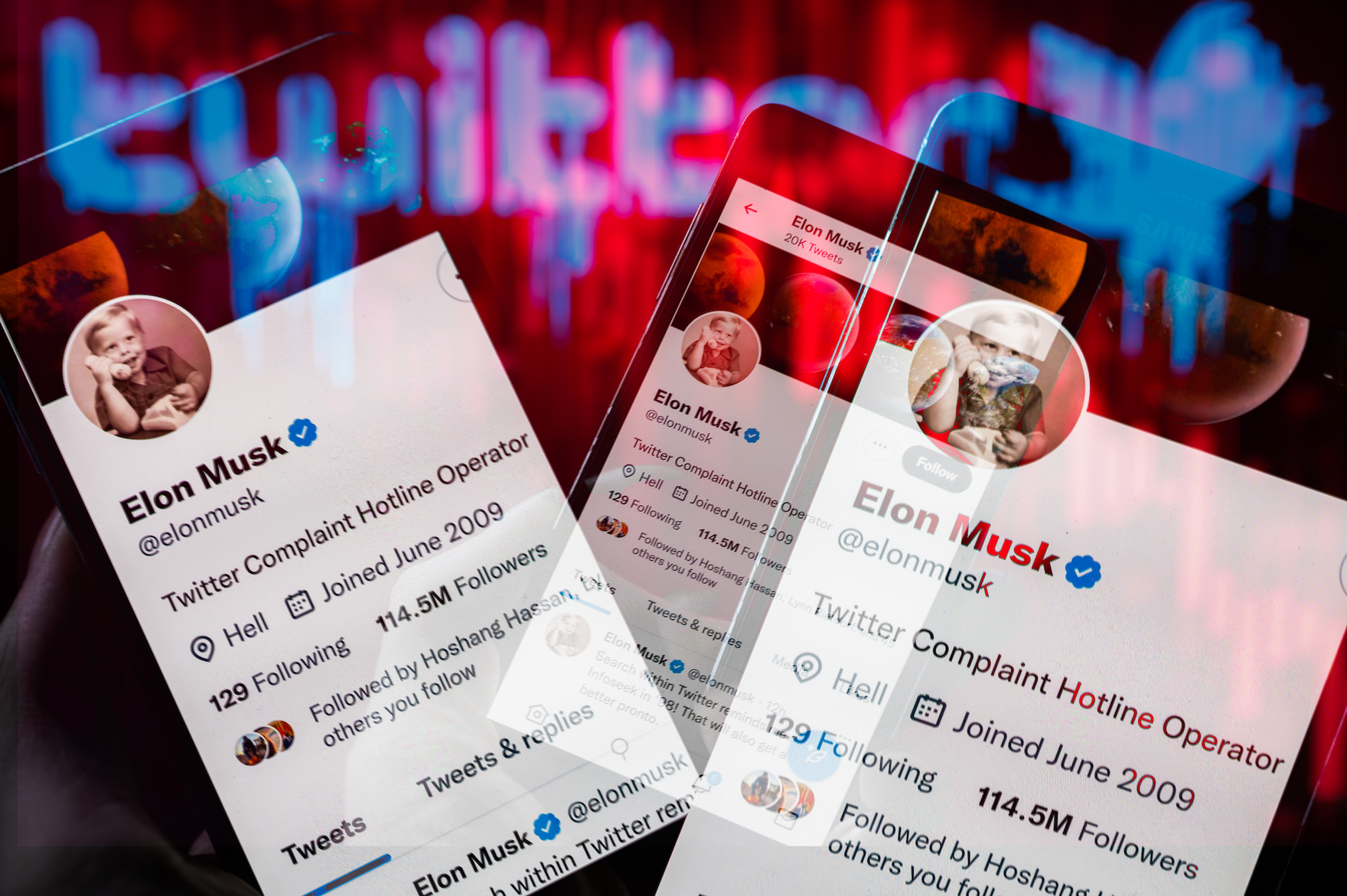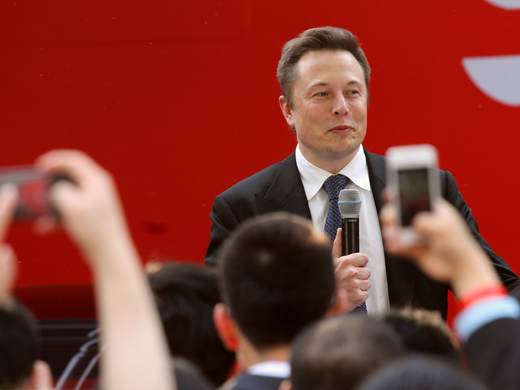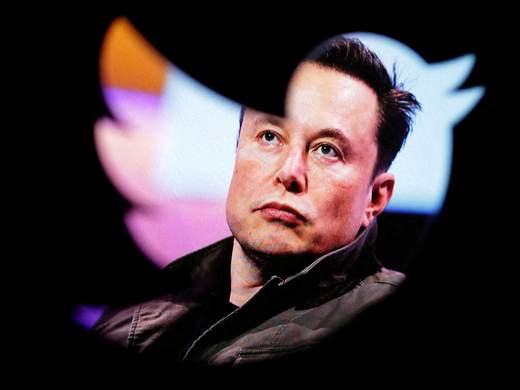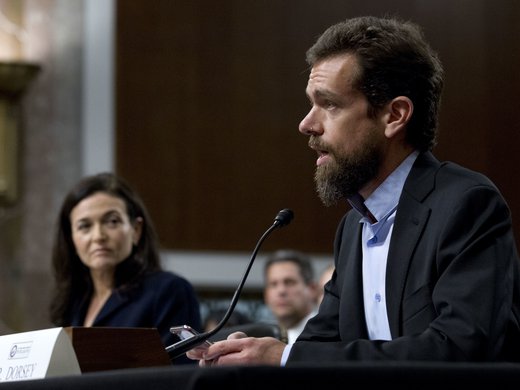As unwelcome as Elon Musk’s US$44 billion takeover of Twitter may be for many of the platform’s users, it has helped clarify important aspects of social media and platform governance — truths that reach far beyond Twitter’s overheated little corner of the internet.
First, non-Americans have outsourced vital infrastructure to American (and, with TikTok, Chinese) companies. The vast majority of the world’s people have no effective control over communication infrastructure that has become central to how our societies operate. As a result, every American problem becomes our collective global problem.
In Canada, as elsewhere, critics of government regulation of social media companies tend to frame their arguments as defences of free speech.
But Musk’s ascendancy in the global marketplace of ideas highlights how such de facto defences of global platforms against government regulation amount to running interference for American multinationals. Such defences are not actually advancing free expression: they’re making it easier for these companies to determine how they will regulate our speech.
These dynamics matter in ways far beyond worries about free expression or hate speech. For academics like me, Twitter had become the meeting and networking space. It was where we could promote and share papers and ideas, where newly minted scholars could get their names out. Such networks create knowledge. Even if it were clear that we could recreate these networks, doing so would take time. It’s no exaggeration to say that making Twitter so unfriendly as to drive away academics would strike a blow against scientific advancement.
These speech barons can change the rules on a whim. What this means is that you may be comfortable with, say, Twitter’s current content-moderation rules or YouTube’s discoverability algorithm. But these rules are malleable — always one ownership change or poor earnings report away from a total rewiring.
We have created a situation where artists, businesses and governments who depend on these platforms (that is, all artists, businesses and governments) have entrusted their livelihoods to uncaring and capricious masters, who don’t deign to share with mere mortals how the algorithm will distribute its favours.
This is no way to run a sustainable cultural sector, digital economy or society.
Mastodon, a social network that embraces decentralization, recreates in cyberspace the fundamental challenge of international relations: anarchy, or lack of any overarching authority. And self-rule itself doesn’t guarantee either democracy or benevolence.
Twitter’s ownership change highlights the uncomfortable trade-offs we face when dealing with governance of global social media platforms, or global governance generally. Economist Dani Rodrik calls it the trilemma, the tradeoff among hyperglobalization (that is, unfettered cross-border movement of goods, services or information), democracy and national sovereignty.
- A nation can be democratic and sovereign, but then it cannot be hyperglobalized.
- It can be hyperglobalized and democratic, but then it would have to give up its national sovereignty to a global government.
- Or it can be sovereign and hyperglobalized, but it would have to abandon democratic accountability.
In a 2020 journal article, I adapted his argument for digital global governance. Twitter, PayPal and other platforms with global reach solve this trilemma by effectively choosing hyperglobalization (one company to rule them all) within our fractured nation-states system at the cost of democratic accountability. As a consequence, they make the decisions that we, ensconced in our home countries, have to live with.
The Mastodon platform has emerged as a potential destination for the disaffected Twitterati. It’s a decentralized social media network of self-ruling “federated” groups that are able to control whether they’ll link to other groups. Done well, Mastodon could solve the global governance trilemma by selecting hyperglobalization and democracy (self-determination) without having to rely on the nation-state to keep things working.
However, as tech researcher Wolfie Christl points out, while Mastodon could work well for smaller, well-moderated groups, it would require significant resources to scale up to the level of a global public square. It would also face the ever-present, even likely, threat of collapse if too many groups withdrew recognition of other groups.
Ironically, Mastodon, a social network that embraces decentralization, recreates in cyberspace the fundamental challenge of international relations: anarchy, or lack of any overarching authority. And self-rule itself doesn’t guarantee either democracy or benevolence.
The other option, of course, is to choose democracy and the nation-state. The democratic state not only provides an overarching authority but is also the most enduring democratic institution we humans have managed to devise. A democratic, nation-state-led approach to governance would seek to embed social media companies, as well as platforms such as PayPal, deeply within societies, subject to national laws and responsive to domestic preferences and needs. In other words, an approach reminiscent of the Government of Canada’s proposed Online Streaming Act.
As Rodrik argues, such a system would trade hyperglobalization for interoperability: democratic countries would negotiate among themselves acceptable minimal standards for cross-border engagement, drawing on democratic legitimacy, not raw market power, for their authority.
Calling for greater government regulation has become a sure-fire way to engender inchoate rage and charges of being against freedom and free expression, not least by Canada’s federal Conservative Party. But what Musk unintentionally reminds us is that we can’t ever get away from power, or the trilemma. To repeat, social media is not a “freedom” technology. It’s one that reflects whatever rules those with control decide upon.
Control — power — is always exerted by someone, for some purpose. If it’s not Musk, it’s someone else. But if the companies we depend on aren’t embedded within democratic processes and strong government regulation, we shouldn’t be surprised when the rules of their game are turned against us.



